
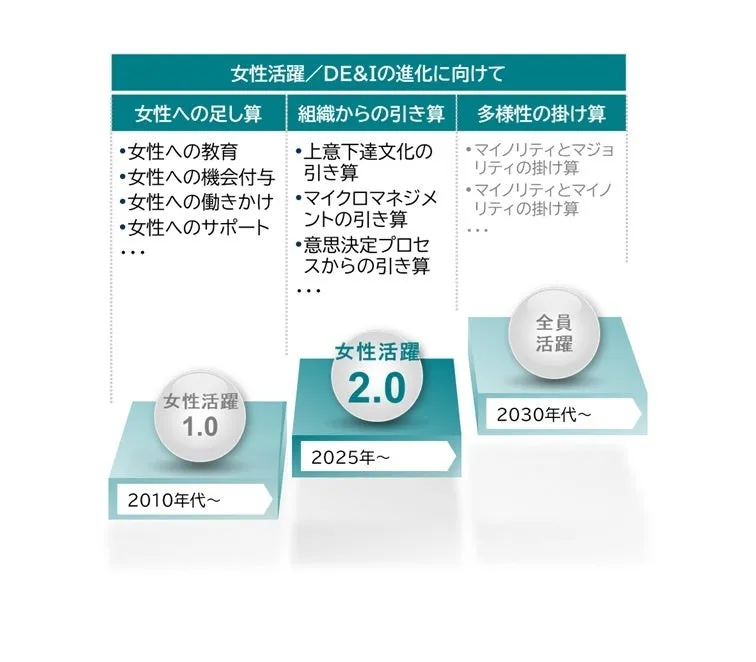
Survey Reveals Insights into Women's Career Aspirations and Organizational Changes Needed for DE&I in 2025
Insights from Lincqord's 2025 Survey on Women's Career Intentions
In February 2025, Lincqord conducted a survey targeting over 11,300 female employees in full-time positions, aiming to shed light on the various aspects influencing their career ambitions. This comprehensive study categorized respondents by age, job type, industry, education, family structure, and geographical region, providing multifaceted insights into the current landscape of women's career aspirations in Japanese enterprises.
Key Findings of the Survey
The survey unveiled several significant points regarding female employees’ intentions to pursue managerial positions. Despite many organizations actively working towards increasing the number of female leaders, the desire to assume such roles remains a minority among female employees. This resonated with earlier studies, reaffirming that many female employees are not inclined towards management positions.
Variability Based on Different Factors
Interestingly, variations in career aspirations were observed across different demographic factors. For instance, younger women in their 20s exhibited a stronger desire to pursue managerial roles than older cohorts in their 30s and 40s. This trend indicates a gradual decline in managerial ambitions with increased career experience. Additionally, women who are graduates in science and technology displayed a higher inclination towards pursuing managerial positions, highlighting distinctive career trajectories across various educational backgrounds.
This data underscores the necessity for companies to develop strategic engagement plans addressing specific demographics. Understanding what influences different segments can empower businesses to craft tailored solutions, ensuring effective management of female talent.
Addressing Needs Beyond Skill Development
Another crucial insight from the survey highlighted that many women prioritize work-life balance over professional development when contemplating management roles. Many women indicated a reluctance to engage in long hours that management positions often entail. The desire for personal time and external commitments emerged as a significant reason for opting against managerial paths.
Among those women who expressed an unwillingness to pursue leadership roles, a striking number cited prioritizing personal lives over professional advancement, dismantling the notion that inadequate skills were the primary barrier to management. Evidently, if companies could amend organizational structures to eliminate excessive working hours, more women may be encouraged to aspire towards leadership positions.
To achieve this, businesses often resort to initiatives like promoting telecommuting, implementing no-overtime policies, and introducing flexible work hours. However, the survey indicated a deeper issue within organizational management that contributes to long working hours – a reflected frustration concerning decision-making processes within upper management. Many employees expressed concerns about the necessity of excessive meetings, inefficiencies in report preparation, and the inadequacy of power delegation, all of which exacerbate time constraints.
The Shift from Adding Women to Subtracting Organizational Barriers
Based on these findings, the prevalent paradigm that emphasizes simply adding more women to leadership positions—referred to here as “adding to women”—is inadequately addressing the structural issues at play. Instead, the survey suggests a paradigm shift towards “subtracting from organizations,” urging businesses to revisit and transform decision-making processes, authority delegation, and communication pathways.
Companies must move beyond traditional perceptions of diversity initiatives that merely accumulate female representation. The path forward for women’s empowerment is redefining the corporate culture to embrace not just the majority but also minority voices within the organization. The proposed cultural transformation is expected to create a more inclusive environment that allows all individuals, including international workers, individuals with disabilities, and older generations, to thrive.
Looking Forward: Towards Women's Empowerment 2.0
The anticipated organizational changes signal an evolutionary step towards a period where diversity is not just an aspiration but a reality, enhancing the workplace for everyone. It is within this new stage of women’s empowerment that organizations can genuinely harness the collective strengths every employee brings.
Further details on the survey results and insights can be obtained by contacting Lincqord. The company specializes in a range of services, including organizational development, DE&I strategy formulation, management team alignment, and cultural diagnostics, all aimed at fostering an inclusive and effective workplace.
For inquiries, please reach out via email at [email protected] or visit Lincqord's contact page.
Comment from Lincqord's Co-Founders
Yukari Ishii, one of the co-founders of Lincqord, highlighted that one of the significant outcomes of this survey is identifying the distinct characteristics across different profiles of women within the workforce. For example, married women with children exhibited a greater ambition towards management than those who are unmarried. This nuanced data reflects the importance of understanding individual differences in managing a diverse workforce effectively.
As Lincqord pushes the narrative of “Difference is Power,” they continue to offer consulting services to numerous Japanese corporations, reinforcing the idea that fostering diversity within organizations is not just beneficial for women but necessary for holistic growth and innovative success.
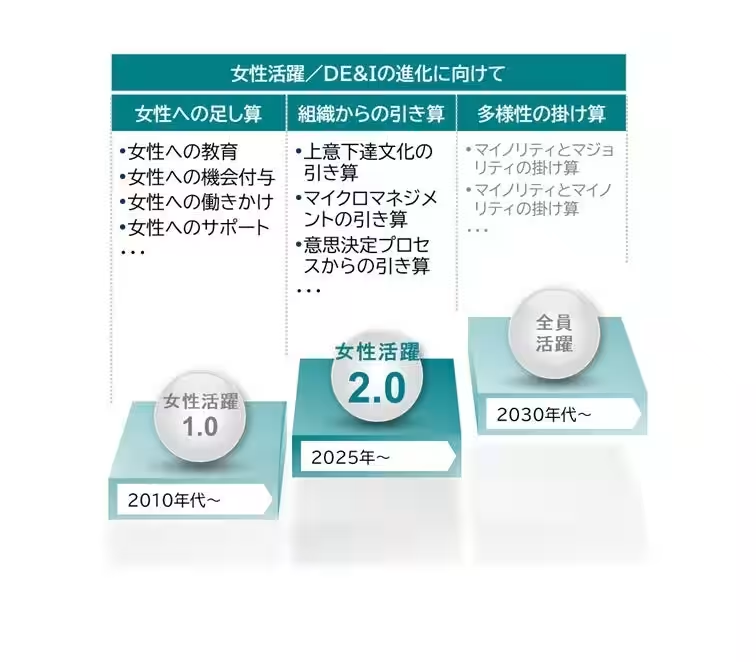
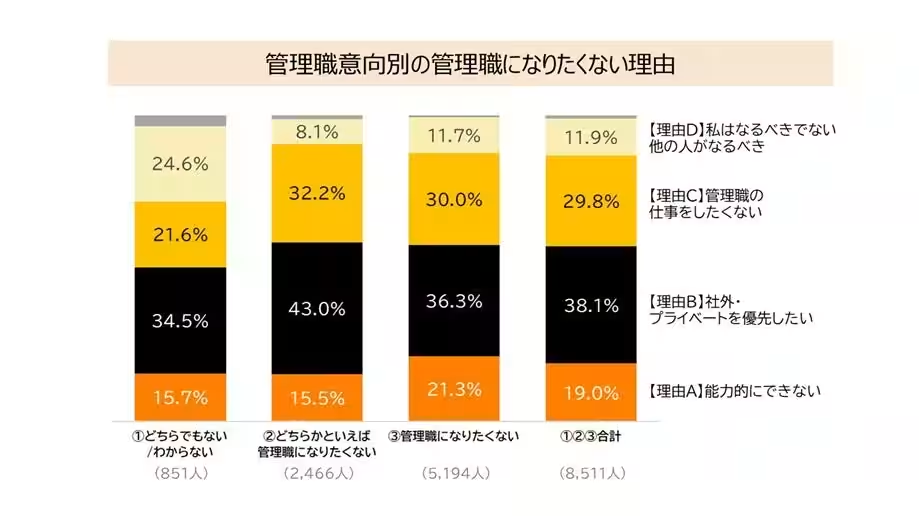
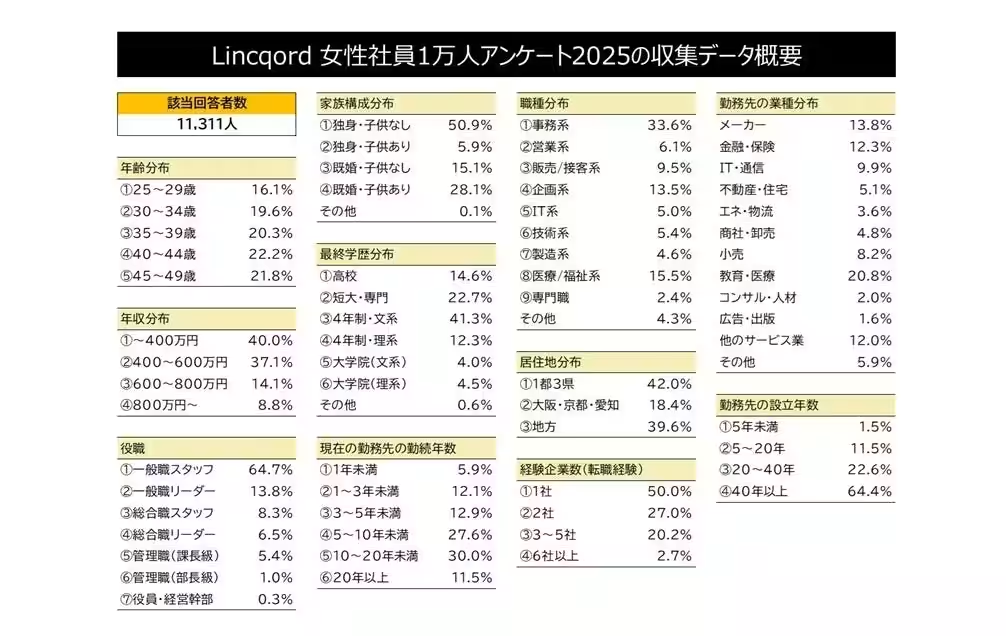
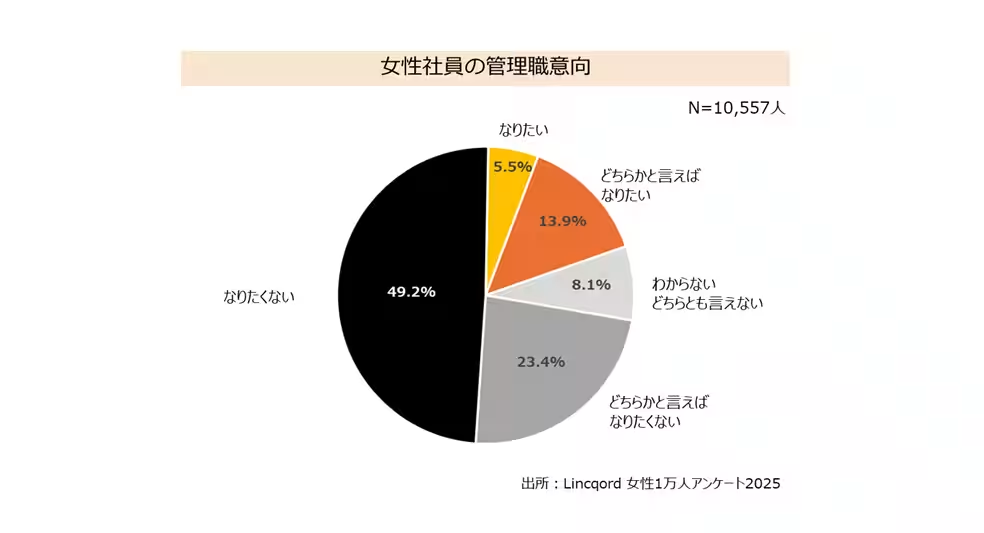
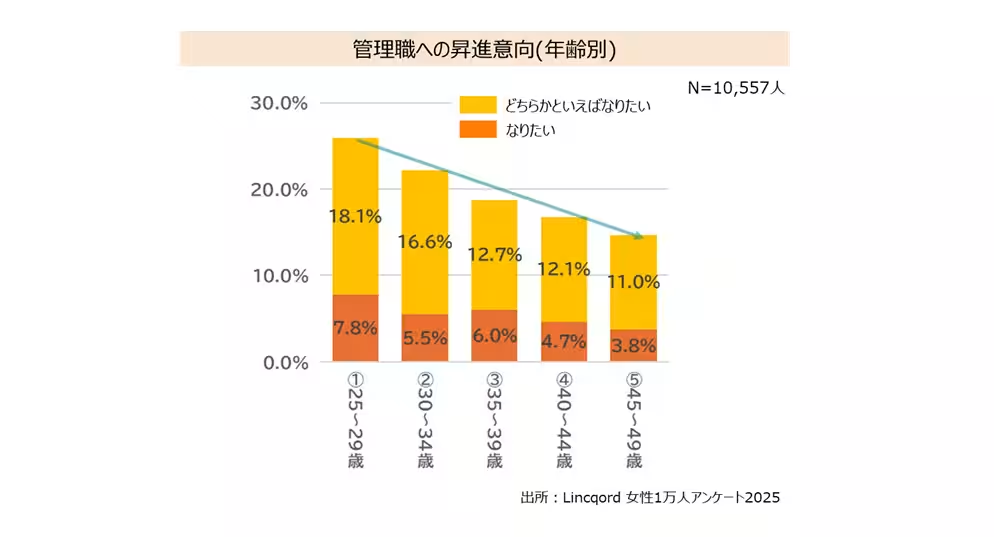
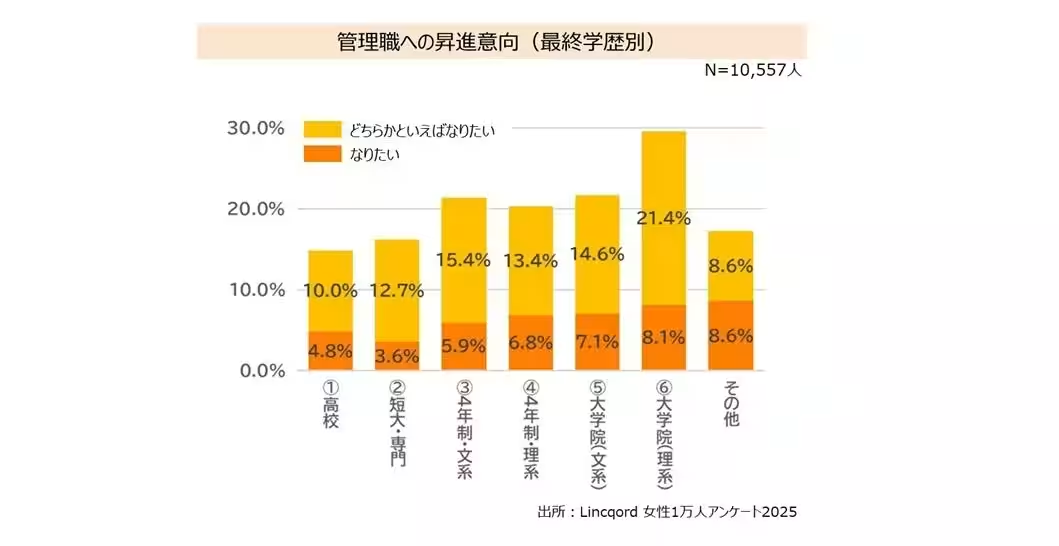

Topics People & Culture)










【About Using Articles】
You can freely use the title and article content by linking to the page where the article is posted.
※ Images cannot be used.
【About Links】
Links are free to use.